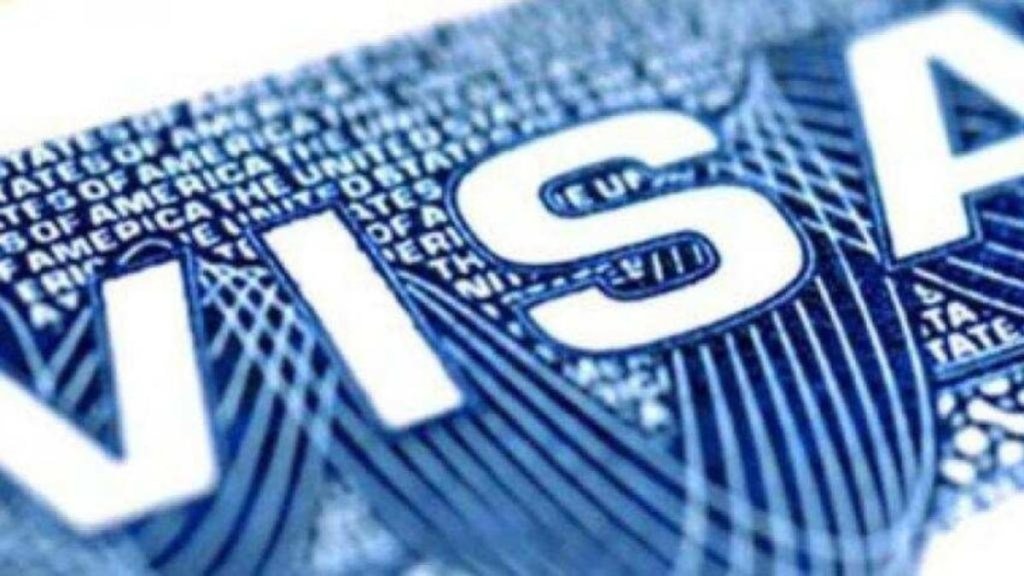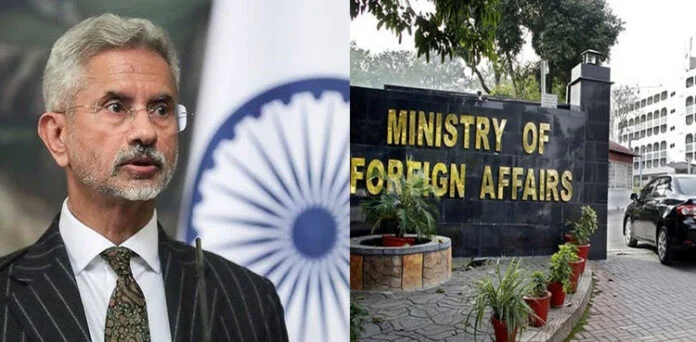
French Interior Minister Bruno Retailleau has introduced new instructions aimed at tightening the process for granting French nationality, signaling a significant shift in how citizenship is evaluated. The directive, described by Retailleau as an “assimilation circular,” encourages prefects—the local officials who initially assess naturalization requests—to apply stricter standards when determining eligibility. This move reflects a broader governmental effort to reinforce the concept that acquiring French citizenship should not be a procedural formality but rather a meaningful integration into French society.
Under the new guidance, individuals who have previously entered France illegally may be denied citizenship, even if they have since resided legally in the country for the required five years and hold valid documentation. The changes emphasize that meeting the minimum legal residency period is no longer sufficient on its own. Applicants must also demonstrate a deeper connection to French culture and values, beyond simply speaking the language.
Historically, some applicants were granted French nationality despite limited familiarity with the nation’s history or values, provided they met language requirements and had no serious legal issues. The current policy aims to move away from this approach, instead demanding a clearer display of assimilation, including knowledge of civic principles and a sense of national belonging.
The updated procedures, set to take effect on January 1, 2026, do not alter the legal statute governing nationality but change how the rules are interpreted and enforced. Prefectures will play a more active role in filtering applications, with those deemed unsuitable no longer being forwarded to the Ministry of the Interior for final approval.
Retailleau previously pushed to limit the legalization of undocumented workers, and this latest action continues that trend by reshaping the naturalization process. The focus is on reinforcing national identity and placing greater weight on applicants’ backgrounds, particularly regarding any past violations of immigration laws.
The stricter requirements also incorporate elements of the recent Darmanin Law, such as the B2-level language proficiency requirement and a new civics exam that will be tied to long-term residence permits. While the core legislation remains unchanged, the tone and expectations have become notably more demanding.
In 2024, over 100,000 individuals acquired French citizenship. With more than five million foreign residents in France, many could potentially qualify for naturalization, especially through ongoing immigration and family reunification. However, the new framework suggests that future applicants will face a more rigorous path to becoming French.


















